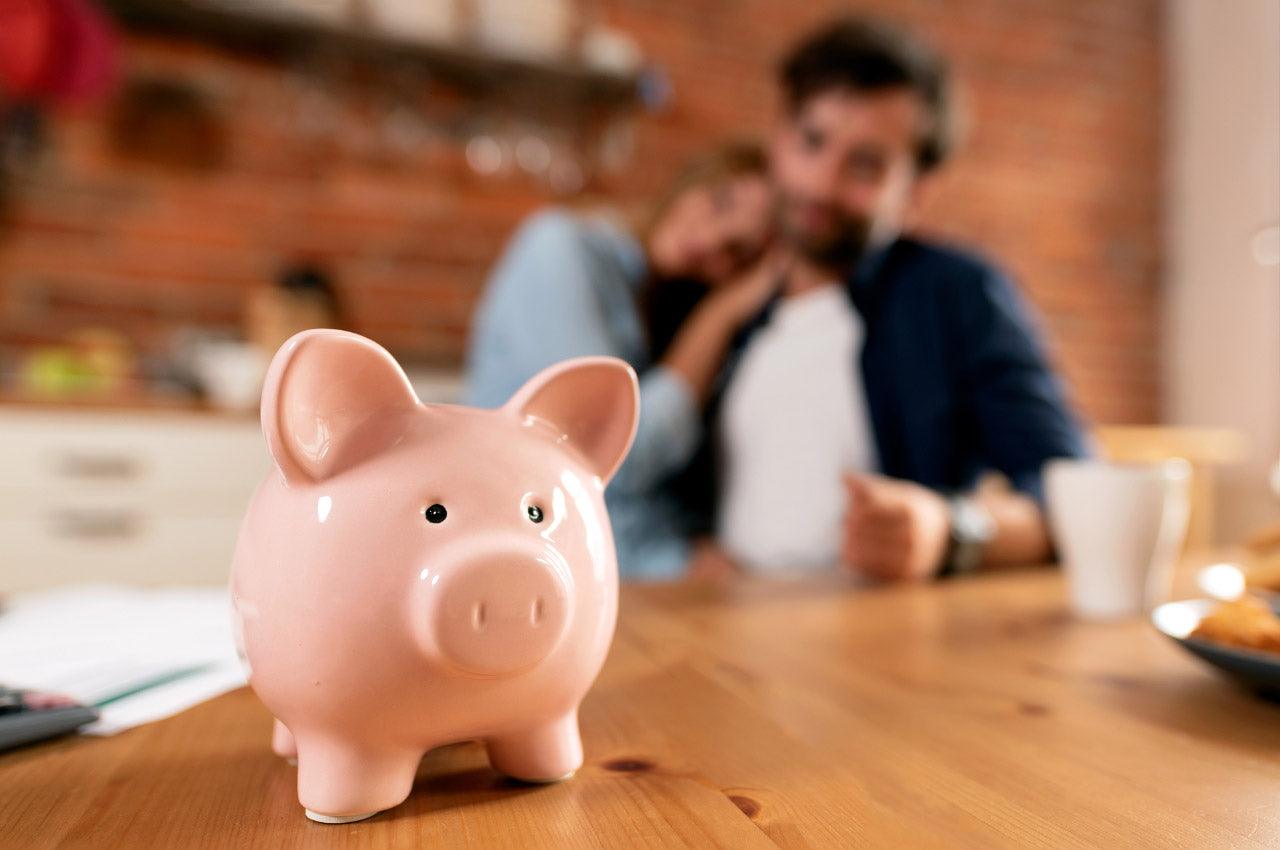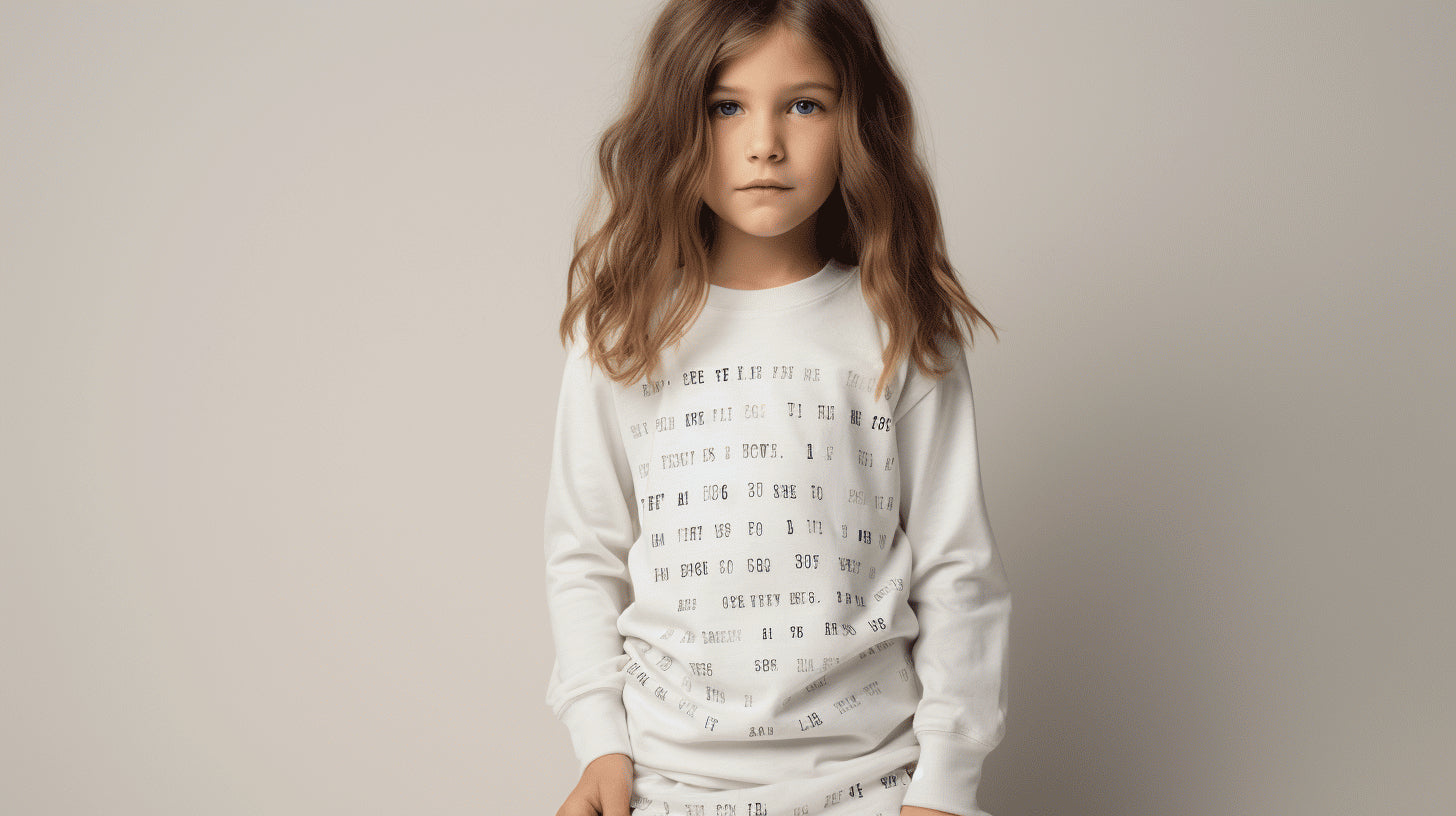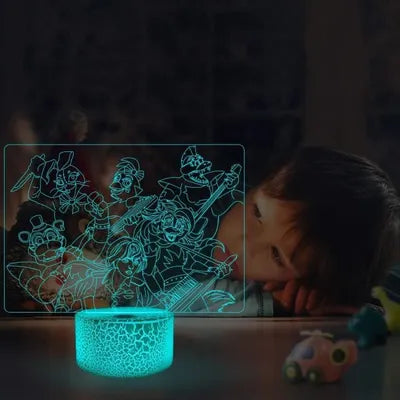It's no secret that having a baby can be expensive. Between doctor's appointments, the cost of formula and diapers, and the price of a new crib, stroller, and car seat, there are a lot of expenses to consider. And that's not counting the additional costs associated with raising a child, such as food, clothing and childcare!
If you're wondering if you'll be able to afford a baby, don't worry: there are ways to manage your budget before your little one arrives.
In this article we present nine tips to help you optimize your budget.
What are the expenses for a baby?
Expenses for a baby can be divided into two categories: regular expenses and occasional expenses .
Regular expenses for a baby include things like clothes, food, formula, diapers, toiletries, and toys.
Occasional expenses for a baby can include things like health care, vaccinations, and childcare costs.
According to a study, the French would spend an average of €490 per month to meet the needs of their baby.
Child care costs can be particularly expensive, but you can get some help depending on your situation, so it's important to do your research before choosing a child care center or babysitting service. But it is possible to minimize costs by planning your budget in advance to optimize expenses.
Prepare a dedicated baby budget
To prepare for the financial impact of having a baby , it's best to start anticipating expenses as soon as you know there will be one.
First and foremost check your list for all the necessary equipment , such as a crib or bassinet, bed, seat, car seat, etc., find how much they cost online, then divide by the number of days left until birth to create a spending plan that can span up to several months given current circumstances (this may change depending on price).
If done early enough in pregnancy, this step can make a big difference.
When your baby has joined you in your cozy nest, make a list of basic necessities : diapers and wipes, clothes, toys, etc. Estimate monthly expenses for these items so that they are added to necessary fixed expenses like rent and other bills. Don't forget that this event can lead to a loss of income due to the mother's maternity leave
Buy used for baby
Anyone who's ever shopped for a baby knows that the costs can quickly add up. Whether it's clothes, toys, furniture or equipment, the expenses associated with the arrival of a new baby are numerous and one of the solutions is to buy second-hand items when it is possible.
Some equipment can be used for a long time and by several babies, clothes or toys for example. But others can only be used for a limited time, including safety equipment such as car seats.
Not only will this help you stick to your budget, but it's also good for the environment.
Buying used is a great way to reduce your environmental footprint and have a positive impact on the world around you. So before you start buying new, take a moment to consider all the wonderful things baby can get used.
Think of family or friends
Another way to save money is to take advantage of second-hand goods from friends and family members. Baby items are often only used for a short time, so there is no need to buy everything new.
Many parents find that they can save a lot of money by borrowing or receiving products from friends or family members who have recently had children.
Think about coupons and sales
When it comes to shopping for baby supplies , consider using coupons and shopping during sale periods .
You can often find great deals on diapers, wipes, baby food, and other necessities.
By planning your purchases and taking advantage of sales and coupons, you can save a lot of money.
Avoid unnecessary purchases especially for clothes
Baby is coming and there are lots of things to buy and you don't want to miss anything. Here are some tips to avoid unnecessary purchases.
First, do not let yourself be influenced by social networks. Brands know that parents are vulnerable and adapt their marketing accordingly. it is then easy to get carried away with unnecessary purchases.
Second, don't buy too many clothes. Babies grow quickly and it's easy to accumulate clothes that will never be worn.
Finally, focus on the things that will really serve and that will make baby happy. High-tech and superfluous gadgets are often unnecessary and can be expensive.
Make a birth list
A birth list is a list of gifts that future parents can choose for their newborn. Baby lists can be created online or at childcare stores .
They are usually made up of essential baby products , such as clothes, toys, care equipment and bedding. Birth lists allow parents to receive useful and practical gifts , while avoiding duplicates.
Baby lists are often used by families and friends as gifts, which can help reduce the expense of having a baby.
They are also a great way for friends and family to participate in the arrival of a new baby .
Do you know the "do it yourself" (DIY)?
For parents who like to do things themselves, there is good news, it is now possible to make your own baby products.
With a little organization and know-how, you can prepare a full range of products, from baby bottles and diapers to wooden toys or furniture.
The advantages of "Do It Yourself" are numerous: you will save money, you will be sure that the products are made from quality materials and you will have the satisfaction of knowing that you have done something good for your baby. .
So what are you waiting for? Put your talents to work and start making your own baby products today!
Go back to natural products for baby's toilet
A growing number of parents are turning to natural products for the toilet of their baby , for the sake of saving money and protecting the environment.
Natural products for baby hygiene include cloth diapers, natural soaps and shampoos and bamboo wipes.
Using cloth diapers alone can save parents hundreds of dollars during a baby's first few months, and natural soaps and shampoos are often gentle enough to use on babies' delicate skin.
Bamboo wipes are another eco-friendly alternative to traditional disposable wipes, and they can be composted after use.
By opting for natural products, parents can help reduce their impact on the environment while saving money.
The 50-30-20 rule to optimize your budget
The 50-30-20 rule is a simple way to manage your finances and stick to your budget.
According to this rule:
- 50% of your income should be spent on day-to-day expenses , such as rent or mortgage, phone bills, insurance, transportation, and food.
- 30% of your budget should be devoted to your "pleasure" expenses , such as hobbies and dining out.
- 20% of your resources should be devoted to savings , in order to have a comfortable emergency fund and to be able to finance your future projects.
Following this rule can help you stay in control of your finances and prevent you from overspending. The next time you're considering making a purchase, ask yourself if it falls into one of these three categories. If so, go ahead and have fun!
Conclusion
Having a baby is expensive, but there are ways to prepare and manage your budget before it arrives. By following these nine tips, you can begin to make room in your budget for all those new expenses that come with the birth of a child .
From preparing a dedicated budget to shopping for used goods, there are plenty of strategies you can use to save money while preparing for your new arrival. Remember to watch out for unnecessary purchases and think of family and friends who could help you in times of need. With a little preparation and organization, you can make the transition to parenthood a little more financially manageable.









